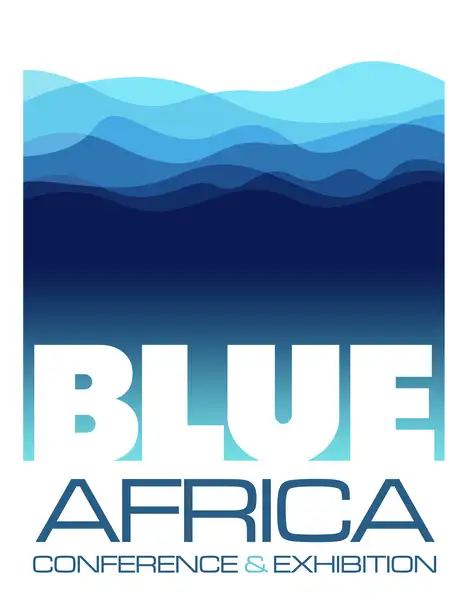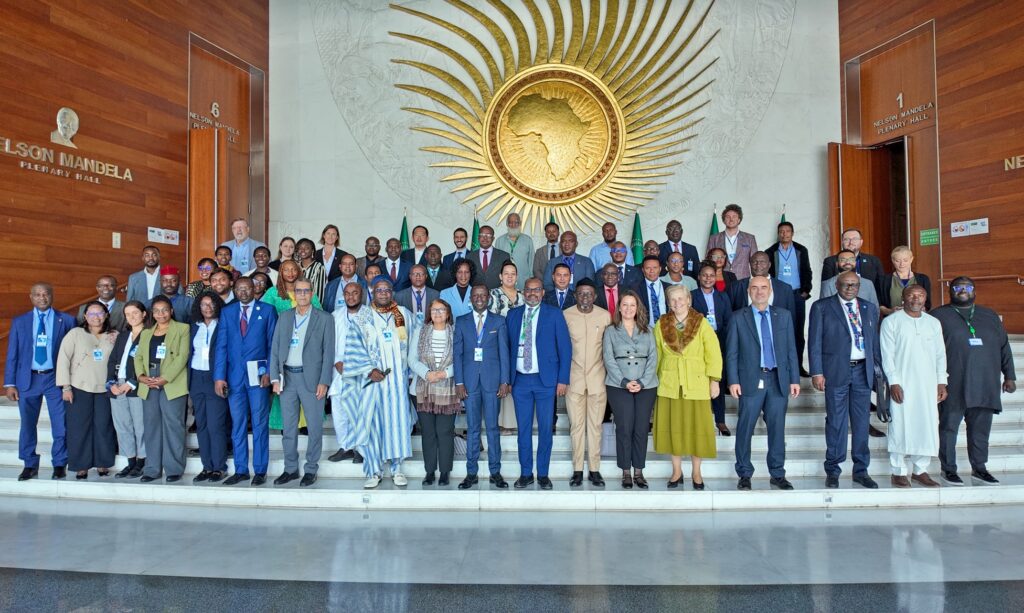Africa’s Blue Economy holds immense promise for sustainable development, food security, and job creation.
by Blue Africa News
Stronger commitments and coordinated actions are required to unlock the full potential of Africa’s Blue Economy, across sectors such as fisheries and aquaculture, maritime transport and shipping, renewable ocean energy, and coastal and marine tourism, according to a UN official.
Matthias Naab, Director, United Nations Development Program (UNDP) Regional Service Centre for Africa, said the Blue Economy will not generate the projected 57 million jobs across Africa by 2030 if concerted efforts toward reaching the goal are not put in place right away.
“Our goal for the Africa Blue Economy is ambitious: to generate US$405 billion and create 57 million jobs by 2030,” Naab said during the opening of the 2nd Africa Blue Economy Week (ABEW25) at the African Union headquarters in Addis Ababa, Ethiopia.
“The clock is ticking, less than five years remain; therefore, we must accelerate and innovate. We need stronger commitments and action to unlock Africa’s next frontier, where people, planet, and prosperity come together in harmony,” he added.
Africa’s blue economy, experts say, holds immense promise for sustainable development, food security, and job creation, yet the continent faces significant challenges, including overfishing, marine pollution, climate change and limited investment.
The annual ABEW, initiated in 2024 seeks to address some of these challenges, more so the thorny issue of finance and investment.
“The Africa Blue Economy Week 2025 reminds and encourages us to work collaboratively towards pooling finances and maximising the potential of the Blue Economy in Africa,” said Dr Jihane El Gaouzi, Head of the Sustainable Environment Division at the African Union Commission (AUC), speaking on behalf of Harsen Nyambe Nyambe, the AUC Director of Sustainable Environment and Blue Economy (SEBE).
Despite the challenges, a new era of ocean governance is sweeping across Africa.
Earlier in September Morocco and Sierra Leone endorsed the High Seas Treaty, formally known as the Biodiversity Beyond National Jurisdiction (BBNJ) Agreement, becoming the 60th and 61st nations to endorse the treaty, respectively.
Over 30 African countries are now party to the pact, triggering its entry into force by January 2026, having been adopted by UN Member States in June 2023, after nearly two decades of negotiations.
The treaty establishes legally binding rules to conserve and sustainably use marine biodiversity, share benefits from marine genetic resources more fairly, create protected areas, and strengthen scientific cooperation and capacity building.
“As we confront the triple planetary crisis of climate change, biodiversity loss, and pollution, this agreement is a lifeline for the ocean and humanity,” said UN Secretary General Antonio Guterres, shortly after Morocco and Sierra Leone endorsed the pact.
“The ocean’s health is humanity’s health,” he added.
Oliver Ochieng, Blue Africa News

